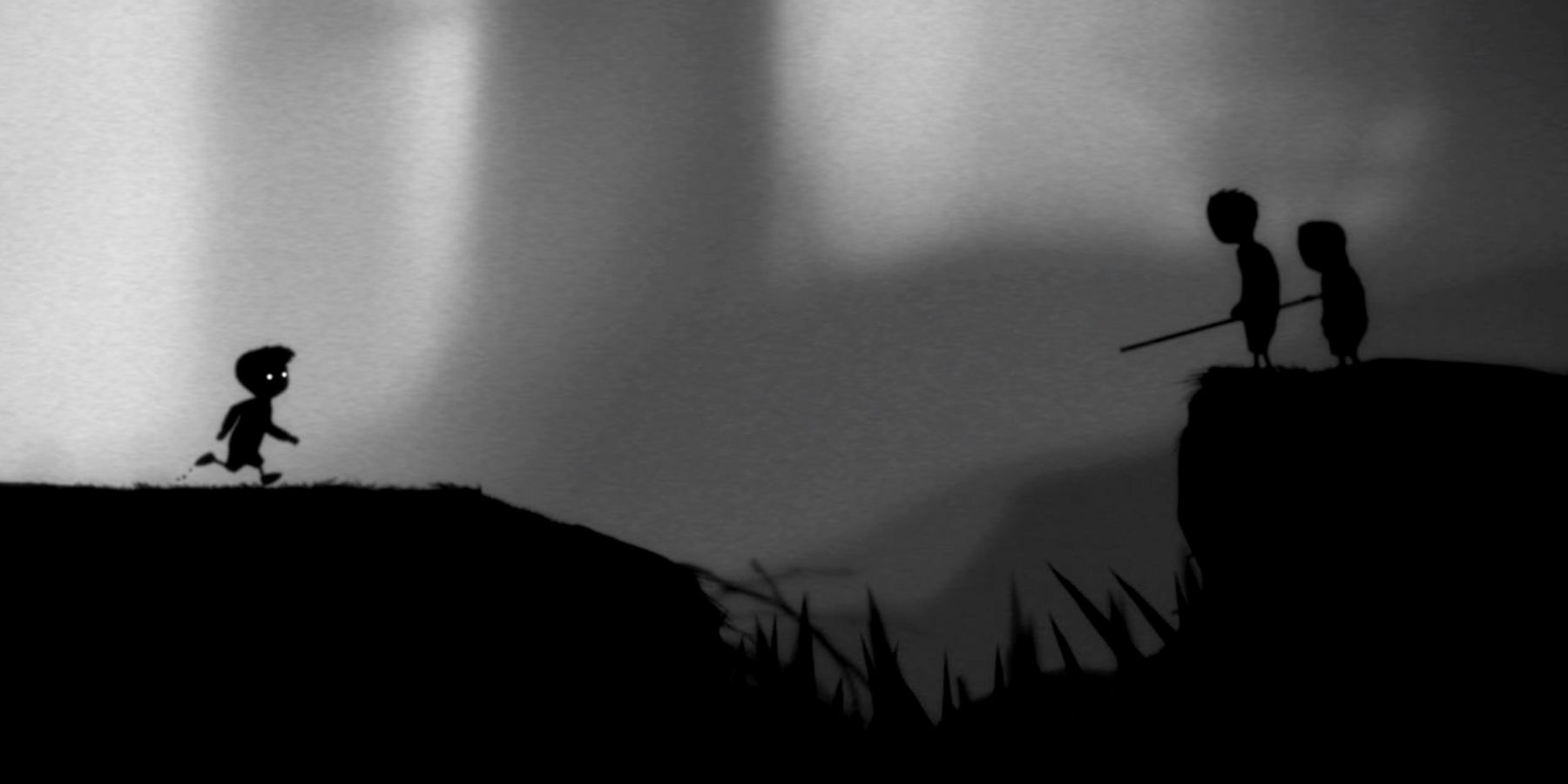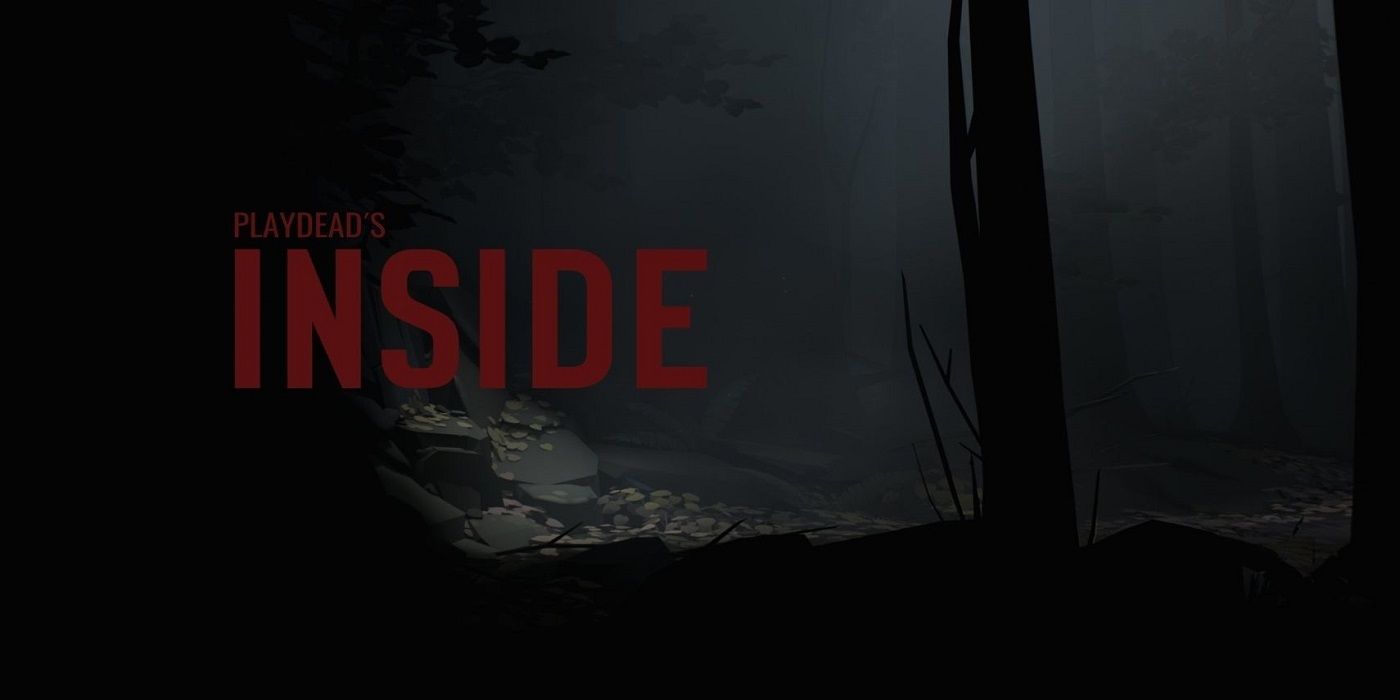PlayDead ApS is the award-winning Danish developer responsible for a pair of critically acclaimed games that co-founder Dino Patti called “two dents in the games industry”: specifically dark puzzle platformers Limbo and Inside. Both indie titles were hugely successful and highly commended, and have generated enormous expectations for the fledgling studio’s next release.
However, with Patti recently leaving the company amid rumors of an acrimonious fall-out with partner Arnt Jensen, Playdead’s future is now less clear. Jensen has stated that the developer’s new project is a “fairly lonely sci-fi game somewhere in the universe”, but fans eagerly await more information about whether this will be a spiritual successor to the beloved Limbo and Inside, or a departure from the studio’s previous work.
A Brief History of PlayDead’s Meteoric Rise
Jensen, a former developer at IO Interactive, conceived Limbo based on some of his own sketches back in 2004. An art-based teaser for the game in 2006 enabled him to source the help of Patti, and the two worked together to bring on board investors and establish their company, PlayDead. The team grew over the coming years as their first game was developed, including Martin Stig Andersen joining to direct the game’s eerie, atmospheric, and ultimately award-winning soundtrack.
Limbo’s runaway success didn’t just secure the company’s commercial position, but also enabled its founders to buy back their company from its original backers. Jensen and Patti were now in the driving seat with a smash hit under their belts, and a financially secure company over which they had complete creative control.
Utilizing funding from the Danish Film Institute, the duo began work immediately on a new project, which would eventually become Inside. Officially announced at E3 2014, the game was very much a spiritual successor to the studio’s previous title, once again featuring a young male protagonist trapped in a disturbing, mysterious, and hostile world.
Although some muted color was introduced, in contrast to Limbo’s iconic and starkly monochrome palette, Inside remained stylistically similar to its predecessor both visually and in terms of its puzzle platform gameplay. Once again, its narrative was ambiguous and understated, although many fans consider it to be deeper and more open to interpretation than Limbo’s, and a number of fan theories have circulated about the game’s story and ending.
Following its release in 2016, the developer once again found itself lauded for its new creation, with Inside receiving stellar reviews and multiple award nominations. Andersen once again oversaw the music and sound design, and his work – which included the use of bone conduction via the human skull – was also widely praised.
However, shortly after the game’s release, PlayDead was rocked by a bombshell almost as devastating as the sonic shockwaves that featured in its new masterpiece. Amid rumors of a developing rift between the partners, Patti sold his shares to Jensen and left the company. The departing director formed his own new studio in 2017, whose name – Jumpship – is certainly open to mischievous interpretation. The new indie developer has already revealed details about its debut project Somerville, which is expected to release in 2022. As for PlayDead, the future is much less clear.
PlayDead is Keeping its New Project Under Wraps
PlayDead, now helmed solely by Jensen, has kept its own forthcoming project a more closely-guarded secret. Scant glimpses of PlayDead’s new, as-yet-untitled game have been revealed on social media, depicting a figure wearing some sort of spacesuit or hazard protection apparel, surveying a stark wasteland and a distant explosion. The look and feel of these images has fueled speculation that the title will follow the Limbo and Inside formula by being another dystopian puzzle platformer that pits a fragile protagonist against a bleak and deadly environment.
More recently, it came to light that further screenshots of the new PlayDead game have appeared in job listings, as the studio seeks to recruit the best talent to work on the title. These seem to confirm its science fiction setting as well as a cold, melancholy feel reminiscent of other successful games like Hideo Kojima’s Death Stranding. It is unclear whether Martin Stig Andersen will return as lead sound designer, but another unsettling score from the Danish composer would be both unsurprising and welcomed by fans.
However, there are reasons to dampen fans' optimism about the upcoming game. Rumors about troubles at the developer persist, with the cost of the alleged payout to Patti potentially leaving PlayDead in a challenging financial position. However, vacancies continue to be advertised on the company’s website, and there have been no official announcements of any such issues. Furthermore, PlayDead’s track record is not one of speedy development cycles; it is a studio that has proven it likes to take its time and deliver highly polished releases. These supposed difficulties are therefore likely to be taken with a pinch of salt by fans of the studio.
Despite the ambiguity surrounding its next game, one thing is clear: PlayDead’s previous two releases have had a seismic impact on the video gaming industry, perhaps closer to asteroid craters than the “dents” Patti once described. Other games inspired by the mechanics or by the distinctive style of Limbo and Inside continue to pervade the indie scene, including sinister titles like Little Nightmares by Tarsier Studios and poignant hits such as Brothers: A Tale of Two Sons.
If PlayDead’s third creation never comes to fruition, the impact of its visionary masterpieces will continue to be felt and seen in many more video games to come. PlayDead fans hope they don’t have to rely on such homages and imitations, and instead that the studio’s mysterious science fiction project will deliver another haunting classic.
Inside is available now for iOS, macOS, PC, PS4, Switch, and Xbox One. Limbo is available for iOS, PC, PS3, PS4, Switch, Xbox 360, and Xbox One.



